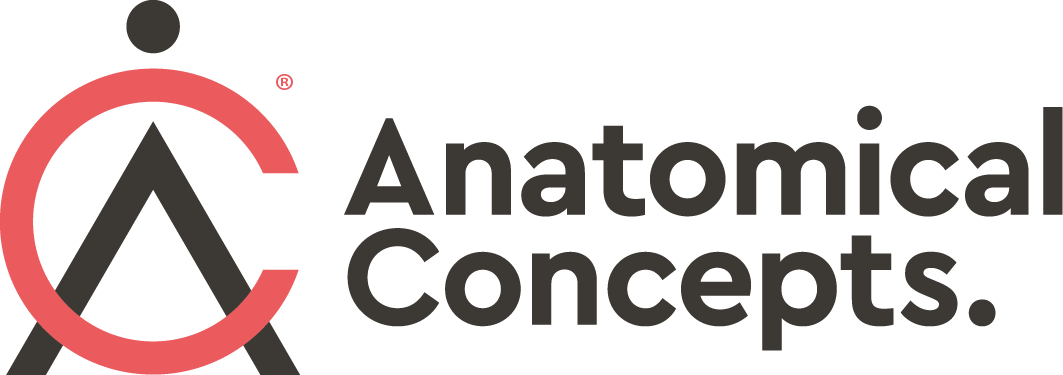Articles
Filter by Topic
- Adaptive Sport 1
- Artificial Intelligence 1
- Bike Labyrinth 3
- Bone density 1
- Brachial Plexus 1
- Bridging the Gap 1
- Bridging the Gap 1
- Carbonhand 4
- Cardiovascular 1
- Client Stories 4
- Cognition 1
- Company Updates 3
- Decision Making 1
- Dementia 1
- Denervation 21
- Diabetic Foot 12
- Efficiency 1
- Electrotherapy 27
- Exercise Benefits 28
- FES Cycling 12
- Functional Electrical Stimulation (FES) 55
- Gait 2
- Goal Setting 5
- Grip 3
- Healthspan 2
- Indego 13
- Lifestyle 8
- Lower Motor Neuron 1
- Mobility 17
- Motivation 2
- NMES 1
- Nerve injury 1
- NexStride 1
- Occupational Therapy 1
- Orthotic 15
- PRAFO 22
- Pain 5
- Parkinsons 2
- Pressure Ulcers 10
- Product Updates 7
- RISE Stimulator 9
- Safety 2
- Sponsor 1
- Standing 4
- Stim2Go 2
- Stimulette den2x 5
- Support 1
- TENS 1
- Technology 17
- Tek RMD 21
Article Length
- 1 minute read 3
- 10 minute read 9
- 11 minute read 7
- 12 minute read 7
- 15 minute read 6
- 18 minute read 1
- 19 minute read 1
- 2 minute read 4
- 26 minute read 1
- 27 minute read 1
- 28 minute read 1
- 3 minutes read 9
- 4 minute read 34
- 5 Minute read 12
- 6 minute read 6
- 7 minute read 13
- 8 minute read 6
- 9 minute read 3
- FES 2
- FoG 1
- PRAFO 1
- Seven Minute Read 1
- awareness 1
- carbonhand 2
- cognitive 1
- cues 1
- freezing gait 1
- freezing of gait 1
- gait 1
- neurological 1
- neuroplasticity 1
- nexstride 2
- occupational therapy 1
- occupational therapy day 1
- orthopaedics 1
- orthotic 1
- parkinson's 1
- pressure 1
- pressure relief 1
- prevention 1
- rehabilitation 2
- stroke 1
- ulcers 1
- world stroke day 1
A Beginners Guide to FES Cycling
Interested in learning more about FES Cycling before making a formal enquiry? We know sometimes it’s good to have all the information before making an approach. Discover our upcoming webinars and what they over.
FES Cycling: How it elevates rehabilitation and fitness with 5 extraordinary benefits
Discover the revolutionary FES Cycling systems by Anatomical Concepts. Improve mobility and overall health post neurological condition with electrical muscle stimulation. Explore the top five benefits of FES bikes in this informative post.
How to improve life expectancy after spinal cord injury - Part 1
Welcome to the first of a series of articles that will tackle the topic of improving life expectancy after a spinal cord injury. The goal of these articles is to provide valuable information on how to not just live longer, but healthier. We all want to age "gracefully", and that's why we need to start thinking about healthspan rather than just lifespan. Research suggests that the life expectancy of persons following a traumatic spinal cord injury has been improving since the 1950's but remains shorter compared with the general population. We will discuss why the length of life is not the only thing that counts.
In this first article, we will discuss the importance of healthspan and what we can do to achieve it. Living longer is great, but what's even better is having the physical ability to perform daily activities and participate fully in the life we want. Subsequent articles will delve into how spinal cord injuries affect lifespan and provide insights on creating a plan to live healthier.
So, let's take charge of our health and work towards enjoying a fulfilling life. Let's start by looking at the population at large and introduce the concepts of lifespan and "healthspan" and see why we don't want to have a long life unless it is also a healthy life.
The best way to get on to the Tek RMD
There is no such thing as the perfect product. Any product has to meet the individual requirements and preferences of the user. However, the Tek RMD is an exceptional, one-of-a-kind type of product, that allows people with lower limb paralysis or weakness to stand and move around in an upright position. It was designed with paraplegia due to a spinal cord injury in mind, but recent enhancements have extended the appeal to those with other neurological conditions.
A fundamental issue in getting the best out of the Tek RMD is being able to get on and of it safely and effectively. In this article we review the most commonly used approaches
History of the wheelchair and the evolution of mobility
Today the wheelchair is one of the most, if not the most, commonly used assistive device for the personal mobility of people with disabilities. I suspect that, throughout history, wheelchairs have often been seen as a source of frustration, and a necessary evil; something that no one actually wanted to use. What matters though is that we consider a wheelchair just like any object we design - within the context of it’s use. We can’t judge the product design in isolation from it’s functional use in the environment and the ambitions of the user. We look at how robotics has allowed a rethink of products for standing and moving.
Claire Lomas - Why I’m Committed to FES Cycling
FES Cycling with the RehaMove system is a foundation in Claire’s routine. In this short video she describes how she discovered FES Cycling, why she felt it was important to continue to exercise the parts that were paralysed as well as the parts that weren’t, and the benefits she has seen from doing so.






